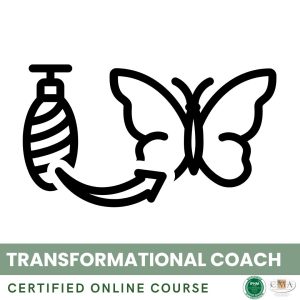Submodule 8.1 – Creating a Secure Coaching Environment
A secure coaching environment is a crucible where trust is forged and transformation becomes possible. It is essential for life coaches to establish a space where clients feel safe to share their innermost thoughts, challenges, and aspirations without fear of judgment or breach of privacy.
Confidentiality is the Bedrock of a secure coaching environment. This ethic ensures that all information shared by the client remains private unless consent for disclosure is expressly given. A life coach can strengthen trust by outlining confidentiality agreements at the onset of the coaching relationship. A relevant example might involve a coach who used a confidentiality breach scenario during a training module to illustrate the importance of privacy and the repercussions of disclosure.
Developing Trust further entails going beyond mere written agreements. Coaches should actively demonstrate reliability, consistent ethical behavior, and genuine care for the client’s well-being. An impactful narrative could tell of a coach ensuring absolute discretion with a high-profile client, who then felt more at ease discussing sensitive life and career issues knowing their reputation was safeguarded.
A Physical and Emotional Sanctuary must also be considered when creating a secure coaching space. For in-person sessions, this means a comfortable, private, and quiet room. For virtual coaching, it entails using secure communication platforms and encouraging clients to find a private space of their own during sessions. A coach may share experiences with these considerations, including adapting coaching strategies to maintain security in online settings.
Boundaries comprise another component of security. Defining the relationship as professional rather than personal helps prevent misunderstandings and maintains the coaching environment’s integrity. Documented stories from coaching professionals might highlight situations where clear-cut boundaries enabled them to navigate difficult dual relationships, such as coaching friends or colleagues.
Ground Rules of Engagement involve setting clear expectations around session length, scheduling, contact between sessions, and response times. By discussing and agreeing on these parameters upfront, clients know what to expect and feel more in control of the coaching process. An instance where ground rules prevented potential confusion or conflict could serve as powerful testimony to their necessity.
In this module, coaches are encouraged to Reflect and Act on their practices to ensure they not only articulate a secure environment but also embody these principles in their everyday professional activities.
Key Takeaways:
– Upholding strict confidentiality is vital for a secure coaching environment.
– Trust can be established through consistency in ethical behavior and clear communication.
– Coaches must provide a physical or virtual space that ensures privacy and comfort.
– Professional boundaries must be set to delineate the coaching relationship.
– Ground rules regarding logistics and communication should be clearly defined.
👉 To download docx (Editable) file click here : Click here
👉 To download PDF file click here : Click here
👉 To download MP3 file click here : Click here






